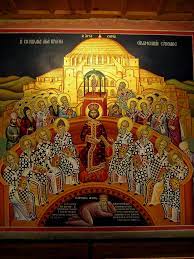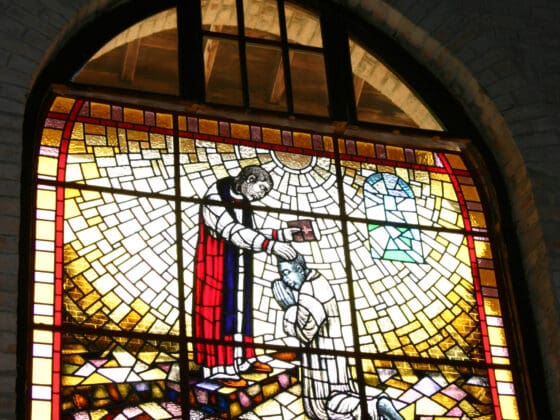The Rev. Dr. Stephen Noll
Of the many responses to the recent nomination of Dame Sarah Mullally to become Archbishop of Canterbury, most have either acclaimed it as an “historic first” on the road to equity or deplored it on grounds that her progressive views on abortion and same-sex marriage are contrary to the Bible and hence divisive among Anglicans at home and abroad.
Few have focused on the question of whether her female sex alone should disqualify her for the office. Archbishop Laurent Mbanda, chairman of the Gafcon Primates did note that “the majority of the Anglican Communion still believes that the Bible requires a male-only episcopacy.”
As the former Convener of the Gafcon Task Force on Women in the Episcopate, I would like to argue that Gafcon’s objection to Dame Sarah represents not just nose-counting but prior theological reflection on whether a woman’s ordination to the episcopate is consistent with Scripture and the received tradition of the Church.
In my new article at Anglican Compass, I explain the process by which our Task Force came up with a prime recommendation to the Gafcon Primates “that the provinces of GAFCON should retain the historic practice of the consecration only of men as bishops until and unless a strong consensus to change emerges after prayer, consultation and continued study of Scripture among the GAFCON fellowship.” It also contains the text of my essay “Women Bishops and Reception,” which was part of the Task Force Report.
As I conclude in the article: “I am not here to cast stones but rather to ask whether the advent of a woman Archbishop of Canterbury, an office for many years considered a “focus of unity” in Anglicanism, should cause a rethinking among global Anglicans of our doctrine and discipline of Holy Orders.”



